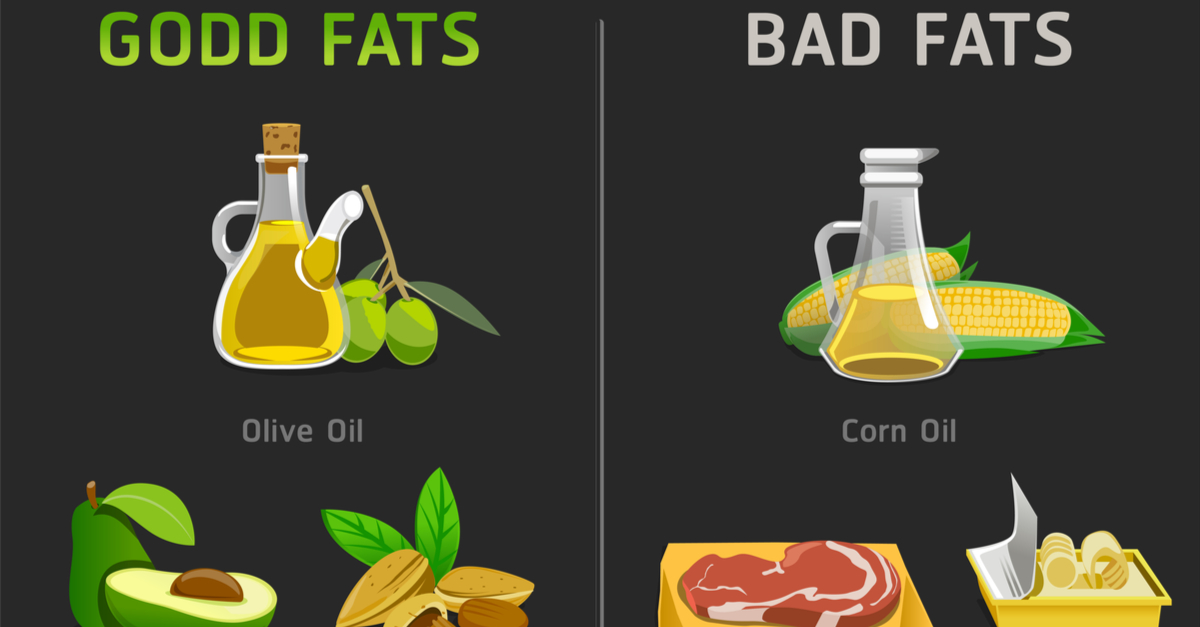What You Eat May Help Beat Back Pain


Back pain can range from a muscle aching to a shooting, burning, or stabbing sensation. In addition, the pain may radiate down your leg or worsen with bending, twisting, lifting, standing, or walking.
Medical science believes back pain has several causes. These include a strain possibly due to poor posture or incorrect lifting; an injury such as a sprain, pinched nerve, or cracked vertebrae; an infection or disease due to inflammation like arthritis and osteoporosis. In addition to correcting your posture, watching what you eat can go a long way in helping you with your back pain.
Inflammation And Your Back
Studies have shown that inflammation affects many areas of the body. It is part of your immune system’s natural response to heal an injury or fight an infection. However, long-term, or chronic inflammation, is seen in many diseases and conditions such as arthritis, heart disease, Alzheimer’s, and diabetes.
Chronic inflammation develops over time. In addition to obesity and stress, exposure to pollution, chemicals, allergens, and eating the wrong foods can all lead to chronic inflammation. Adopting a healthy diet and active lifestyle can reduce and even reverse the chronic inflammation that can cause back pain. (2)
What To Eat For Back Pain?
The types of food you eat can affect how much inflammation you have. Creating an anti-inflammatory diet with foods that help you maintain good nutrition is important in managing back pain. This means a healthy mixture of mainly plant-based foods. So, what should you include in this inflammation reducing diet?
- Fruits (cherries, berries, grapes, pomegranate, and watermelon)
- Vegetables (carrots, beets, sweet potatoes, leafy greens)
- Whole grains (oatmeal, brown rice)
- Seeds (flax and chia)
- Beans and nuts (peanuts and pistachios)
- Omega-3 enriched cold-water fish (salmon, tuna, sardines, mackerel, herring, trout)
- Healthy oils (olive and avocado)
- Dairy products (milk and cheese)
- Probiotics (yogurt, kefir, sauerkraut)
- Beverages (herb teas, green teas, red wine)
- Herbs and spices (basil, cinnamon, clove, ginger, rosemary, garlic, curcumin, onions, oregano, turmeric, cayenne pepper)
Numerous studies have been done indicating that chronic back pain can be helped through diet. Michael Perry, MD, chief medical director and co-founder of Laser Spine Institute, has stated that olive oil, green tea, and brightly colored fruits and vegetables have all been shown to reduce inflammation in cartilage in the spinal column. (3)
Foods To Avoid To Reduce Back Pain
Some of the worst foods you can eat are processed products and fast foods. They contain many substances that lead to inflammation such as saturated fats, salt, sugar, and preservatives.
This includes white bread, pasta, rice, sugary drinks and snacks, fried foods, and anything with partially hydrogenated oil in the ingredients. Preservative-packed products with a long shelf-life, such as chips, crackers, and pastries are part of this group.
Limit your intake of saturated fats mainly found in meats and whole-fat dairy products.
Stay away from caffeine and alcohol as much as possible although a daily glass of red wine has been known to help keep inflammation down. (3)
Supplements May Help
Your daily diet and eating habits may not be giving you the nutrition you need to support a healthy body and keep inflammation at bay. Adding important anti-inflammatory nutrients through supplementation can be significant in reducing your back pain. Here are some of the more important ones.
- Vitamin D
Vitamin D deficiency is very common. It is estimated that about 1 billion people worldwide have low levels of this vitamin. (4)
Vitamin D, the “sunshine vitamin,” helps maintain bone health by supporting calcium absorption. Vitamin D plays a significant role in calcium homeostasis and metabolism. It is only present naturally in a few foods including fish liver oils, egg yolk, liver, fatty fish like salmon, tuna, sardines, and mushrooms especially cremini and portabella.
People who are low on vitamin D also tend to have more inflammation than others. Vitamin D deficiency has been linked to chronic low back pain. One study looked at 68 patients with chronic low back pain who were deficient in Vitamin D and found that treating them with Vitamin D supplements resulted in a significant reduction in low back pain and improvement in function. You can increase your Vitamin D levels by exposing your skin to sunlight for several minutes every day. (5)
- Calcium
Osteopenia and osteoporosis are diseases that can weaken the vertebrae in your spine. If you are not getting enough from eating leafy green vegetables and dairy products like yogurt, milk, and cheese, then calcium supplements may help. Please note however that high doses of calcium supplements can increase your risk for heart problems, atherosclerosis, and bone fractures which can contribute to back pain.
- Fish oils
The body cannot produce omega-3 fatty acids on its own. If you are not eating 1-2 meals a week of oily fish then consider taking a daily supplement. (6)
- Turmeric
Known as one of the main ingredients in curry, turmeric contains a powerful compound called curcumin that has been shown to help reduce harmful inflammation. Most studies recommend combining curcumin with black pepper as it can enhance curcumin absorption by over 2,000 percent thus making it more available to the body.
- Resveratrol
Found in red fruits like cranberries and the skin of red grapes, this supplement is a strong anti-inflammatory. Of course, drinking red wine is more enjoyable but if you don’t drink, or don’t like red wine, try resveratrol in capsule form.
Eating for back pain can be a satisfying approach with good results. However, trying to determine if you are getting enough of the vitamins, minerals, oils, and other anti-inflammatory substances in your diet can be a challenge. Deciding to include supplements in your daily routine can be very helpful. To evaluate your level of inflammation and the dosage of any supplements, you should always check with your doctor, nutritionist, or healthcare provider.
Sources
- Rubin D.l. Epidemiology and Risk Factors for Spine Pain. Neurol Clin. 2007; May;25(2):353-71.
- Morris, Patrick, et al. “A systematic review of the role of inflammatory biomarkers in acute, subacute and chronic non-specific low back pain.” BMC musculoskeletal disorders 21.1 (2020): 1-12.
- https://www.everydayhealth.com/news/can-good-diet-fight-back-pain/
- https://www.ncbi.nlm.nih.gov/pmc/journals/
- Ghai, Babita, et al. “Vitamin D supplementation in patients with chronic low back pain: an open label, single arm clinical trial.” Pain Physician 20.1 (2017): E99-E105.
- https://www.webmd.com/vitamins-and-supplements/ss/vitamins-supplements-fight-inflammation









